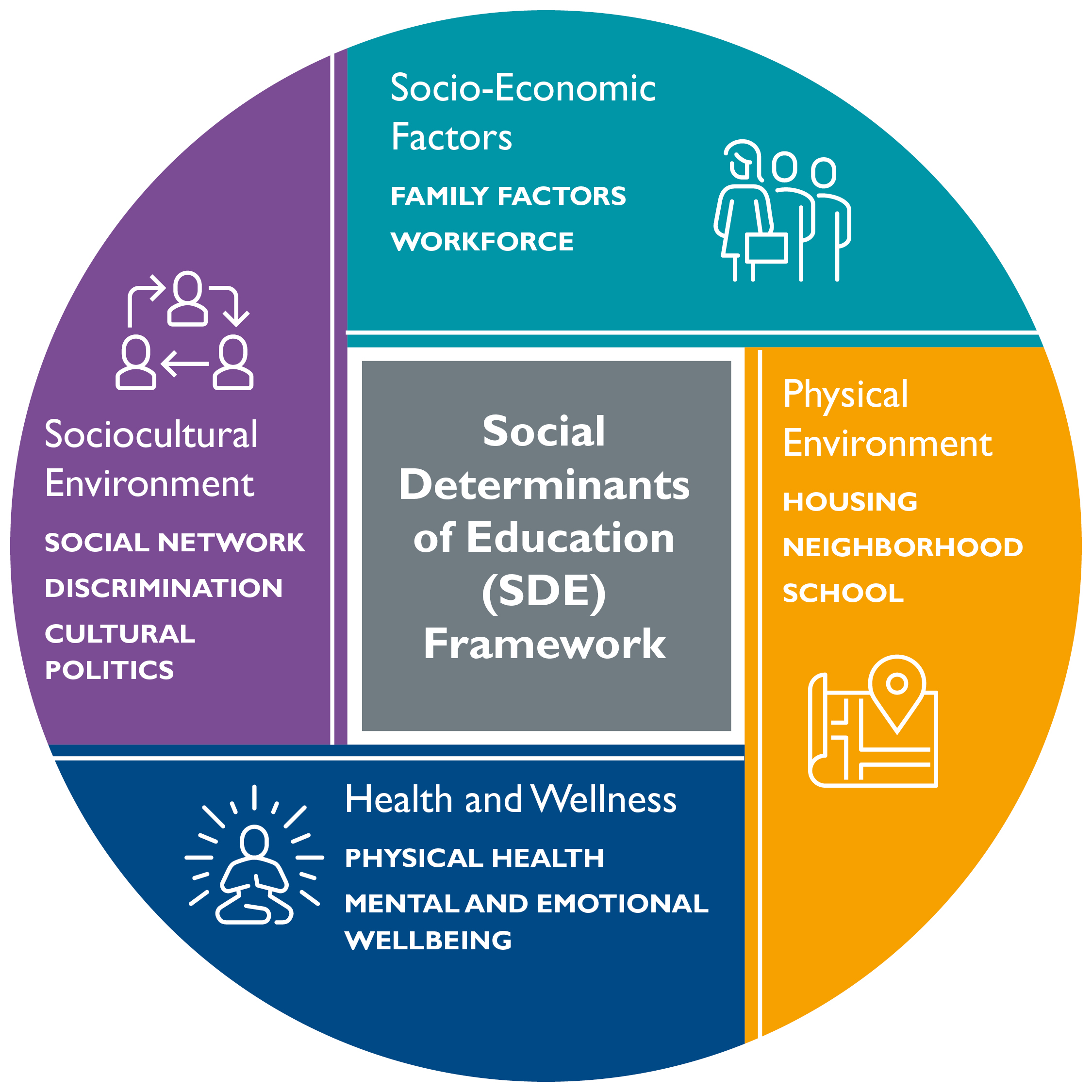Economic Vitality and Education in the South — Part I: The South’s Pre-Pandemic Position
January 2022 – Race- and socioeconomically-based gaps in academic achievement are a function of deep and historical disparities in our society and our public policies. Schools, alone, cannot overcome these disparities to ensure every child has the high-quality education they need to succeed and thrive. To advance education equity, public policies must address a range of extra-academic issues.
Economic Vitality and Education in the South Part I: The South’s Pre-Pandemic Position (EVES I) provides insights into a range of extra-academic factors affecting education and academic achievement by examining 2019 data for Black and Hispanic children and youth, those living in low-income families, and Black and Hispanic working-age adults on a range of issues. Those include poverty and food insecurity, housing, interaction with the criminal justice system, workplace practices, childcare and early childhood education, and student discipline.
EVES I includes a series of recommendations for state and federal lawmakers based on a “Social Determinants of Education” framework for public policy to address the persistent disparities outside the classroom that perpetuate disparities in students’ academic achievement.
Social Determinants of Education

EVES I is the first of two reports SEF is releasing that examine out-of-school factors affecting education. The second report, Economic Vitality and Education in the South: Part II Projections for a Post-Pandemic South (EVES II) will examine the impact of the COVID-19 pandemic on the workforce (particularly on workers of color, women, and low-wage workers) and how those changes are affecting students. It will also discuss the implications of those changes for educators trying to prepare students for occupations that may not yet exist.
Economic Vitality and Education in the South Par 1 EVES 1_FINAL